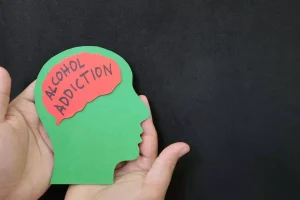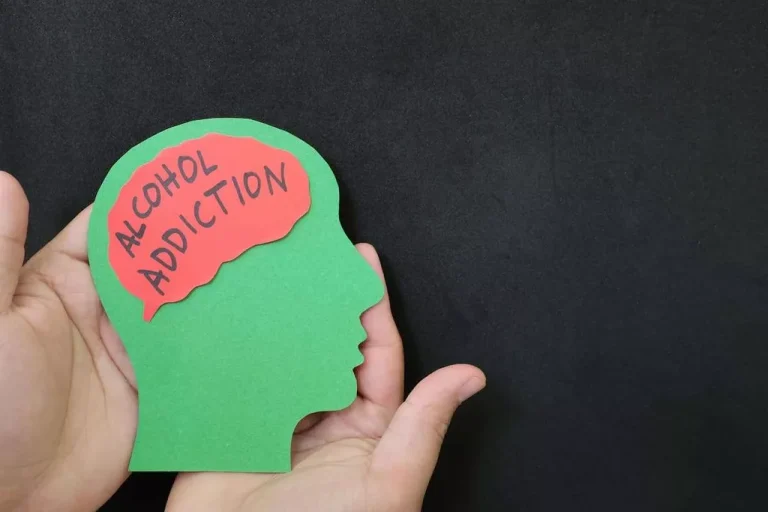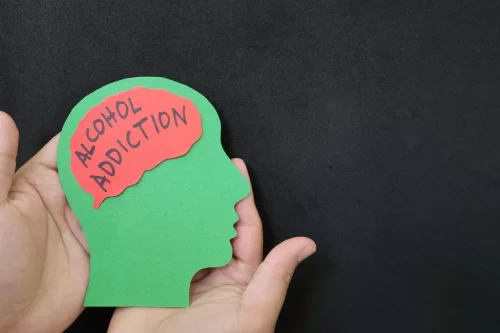
When certain substances are consumed, they can lead to significant changes in neurotransmitter levels, most notably dopamine. By reframing our understanding of relapse, we can create a more supportive environment for those in recovery. It’s about recognizing that addiction recovery is filled with misconceptions and working to debunk them one by one.
Myths About Drug Addiction That People Need to Stop Believing
It’s crucial to challenge these addiction stereotypes and promote a more nuanced understanding of who can be affected by this disease. By debunking this myth, we can encourage individuals and their loved ones to seek help sooner myths about addiction and recovery rather than later, potentially saving lives and reducing the overall impact of addiction on society. Various treatment approaches have shown success in addressing addiction at different stages. From outpatient counseling and support groups to intensive inpatient programs, there’s a wide range of options available. The key is finding the right approach for each individual and implementing it as early as possible.
thoughts on “15 Common Misconceptions About Addiction”

A dozen people who spoke with The Inquirer said they had personally witnessed or experienced what they deemed dubious naloxone use by police. These factors collectively illustrate that addiction is not simply a choice, but rather a complex interplay of various influences that can affect anyone, regardless of their background. Understanding these elements can foster better empathy and support for those facing addiction issues. Support groups, therapy sessions, and regular check-ins with healthcare providers can provide the scaffolding needed to maintain sobriety in the face of life’s challenges.

Myth #10: Once I Complete Addiction Treatment, I’m on My Own
The easy solution we seek instead of facing https://ecosoberhouse.com/ reality is to label addiction a medical problem. And it is these things that my online Life Process Program for addiction addresses. There are a few different medications out there that can be used to help lessen feelings of withdrawal when someone is working to free themselves from addiction. One well-known example is methadone, which is used to help people overcome opioid addiction.

Myth #1: Opioid addiction is just a psychological disorder and people who are dependent simply need better willpower.
Research indicates that addiction alters the brain’s structure and functioning in significant ways. The following table highlights some of the key differences between a healthy brain and a brain affected by addiction. By recognizing that addiction can affect anyone, we can better understand the importance of prevention efforts, early intervention, and accessible treatment options for all those in need, regardless of their background. Naloxone (Narcan) was approved by the Food and Drug Administration (FDA) for emergency opioid overdose reversal in 1971.
- Prescription medications, often perceived as ‘safe’ due to their medical origins, can be just as addictive as their illicit counterparts.
- It is essential to recognize that many individuals may experience multiple relapses before achieving sustained recovery.
- Addiction is characterized by compulsive behavior despite the negative consequences.
- Many individuals hold beliefs about addiction that are misleading and prevent a compassionate approach to the issue.
- If you’re struggling with drug addiction or know someone who is, it’s time to stop believing these myths.
- Gateway’s aftercare programs are designed to provide you with a safety net after you leave your initial treatment program.
Understanding the Complexity of Addiction

You may even fool yourself into thinking you’re not an addict because you don’t fit the typical mold. There are lots of factors that go into someone being an addict versus someone who occasionally uses a specific substance recreationally. It’s where you gain the skills you need to combat cravings, and where you get a taste of what your life can look like without addiction. Ultimately, love and support are what encourage change, not punishment and rejection. These overwhelming impulses help explain the compulsive and often irrational behavior around addiction.
- Many like James, go to treatment to find a way to keep using—just without the downside.
- The following table highlights some of the key differences between a healthy brain and a brain affected by addiction.
- When scientists began to study addictive behavior in the 1930s, people with an addiction were thought to be morally flawed and lacking in willpower.
